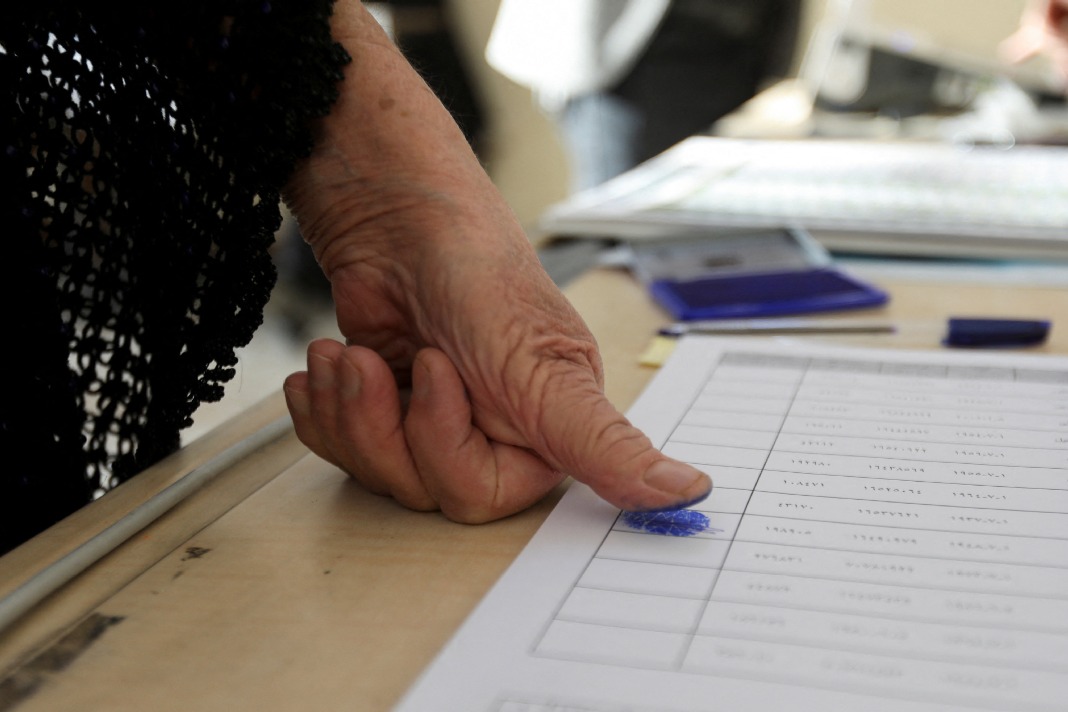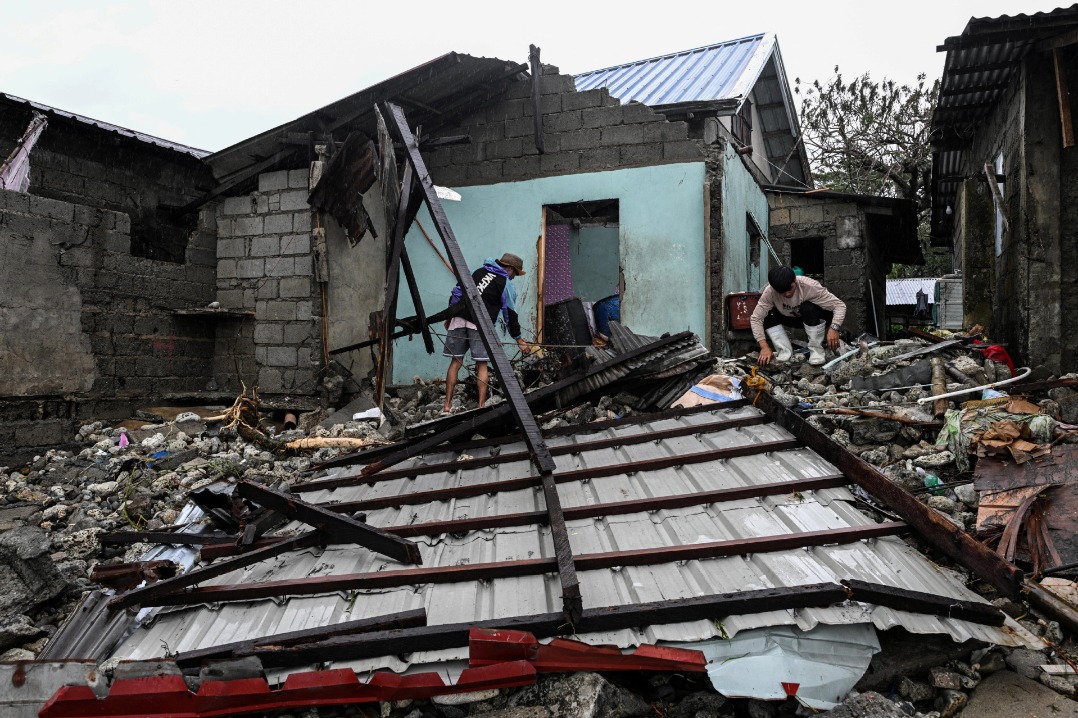Cui: Stable ties needed in post-pandemic world


There will always be differences between China and the United States, but none of those justify confrontation and war, cold or hot, Chinese Ambassador to the US Cui Tiankai said in Washington on Thursday in his first comments on bilateral relations after Joe Biden became president-elect.
Cui, who has been Beijing's top envoy in Washington since 2013, during Biden's second term as vice-president, said it is time for reflection on the "consequential relationship" between China and the US.
The reflection, Cui said, is necessitated not by the so-called failures of the past as claimed by some top US diplomats, but by the fast and complex changes in the world, which come with great opportunities as well as high risks.
"We have to have a shared vision for the future and make the right choice," Cui said at a panel discussion of the annual conference of the Institute of China-US Studies.
The ambassador noted that there already are discussions about what a post-pandemic world will look like and what kind of global governance will be needed for such a world.
"It is clear that the post-pandemic world would not be stable, and global governance would not be effective without sound and stable relations between China and the US," he said.
The ambassador lauded Harvard Professor Graham Allison, another panelist at the conference, for having made a timely warning against the Thucydides Trap.
"He also quoted Shakespeare that our destiny lies ‘not in our stars, but in ourselves' and again, ‘nothing is written in stone,'" Cui said of Allison. "Everything depends on the choices we make."
He noted that the zero-sum game is anachronistic and that attempts to incite distrust and even hatred among different nations and civilizations are extremely irresponsible.
"The first and foremost thing we have to do to be on the right side of history is to reject the outdated mindset," he said. "The best way to avoid a trap is to open up a new path. This is the vision that we shall hold and a historic mission that we have to fulfill today."
Allison, author of Destined for War: Can America and China Escape Thucydides's Trap?, said the "good news" is that when the new administration takes office, Biden understands there's not only nuclear MAD — nuclear mutual assured destruction, which would be the outcome if the US and China ended up in a war.
"But there's also climate MAD — climate mutual assured destruction, in which if the two greatest greenhouse gas emitters don't find ways to cooperate, we can create a biosphere that nobody can live in," Allison said.
It is not easy or comfortable for the two countries to find a way to cooperate and compete at the same time, but that's the challenge, he said.
During the discussion, Stephen Orlins, president of the National Committee on United States-China Relations asked if China is prepared to do something before Jan 20, like reopening the US' Chengdu consulate, which was closed in late July after the US shut the Chinese consulate in Houston.
Cui said, "I don't think that China should just do something to please anybody here. Because we always stand up for stable and good relations with the United States; we never initiated all these provocative actions.
"So if the US government is ready to reverse the course, we're ready to look at it, and in order to put the relations on the right track, to have real improvement of the relations, both sides have to proceed with goodwill and good faith," the ambassador said.
Orlins said he believed that China would need to adjust to dealing with a more "united" and "effective" policy from Biden, as Biden considers the "best China strategy" to be the one that gets the US' allies on the same page.
Cui said, "What is the point to make the policy more effective if this is the wrong policy?"
There are some fundamental trends in the world, including economic growth, scientific and technological progress, and ongoing restructuring in the global economy and supply chain that are always there and more or less independent of whatever intention one might have as a country, according to Cui.
"Basically, any policy that is very much in line with these historical tides will succeed, and the policies that go against the tides would fail," he said.
Orlins said bringing in allies to US policy will function as a normalization of American policies toward China.
Cui said, "People are saying the China-US relationship cannot go back to the past. I think the same could be said about a number of other things, including, honestly, your relationship with some of your allies."
Cui was China's vice-foreign minister when Biden began his vice-presidency in 2009 and had accompanied Biden on trips to China or met him many times in that capacity and as ambassador.
He said he had heard Biden say more than once that sometimes unintended consequences could be worse than intended consequences.
"I think this is a piece of very wise advice," Cui said.
During a trip to Asia on Dec 3, 2013, the former vice-president said, "My father had an expression. He said, the only conflict that is worse than one that is intended is one that is unintended."
Orlins said Biden has put together a "fabulous team" that really understands the world and diplomacy and that "this will not be foreign policy by tweet".
"It is my advice for them hopefully they'll have a good understanding of today's China," Cui said.
Drawing on his experience as ambassador in the US for more than seven years, Cui said there was not sufficient mutual understanding between the two countries.
"I'm still confident we can really work together, if there's a genuine desire on both sides to show mutual respect, and mutual understanding, we can do a lot of good things together; we can make both countries great again," Cui said.






























